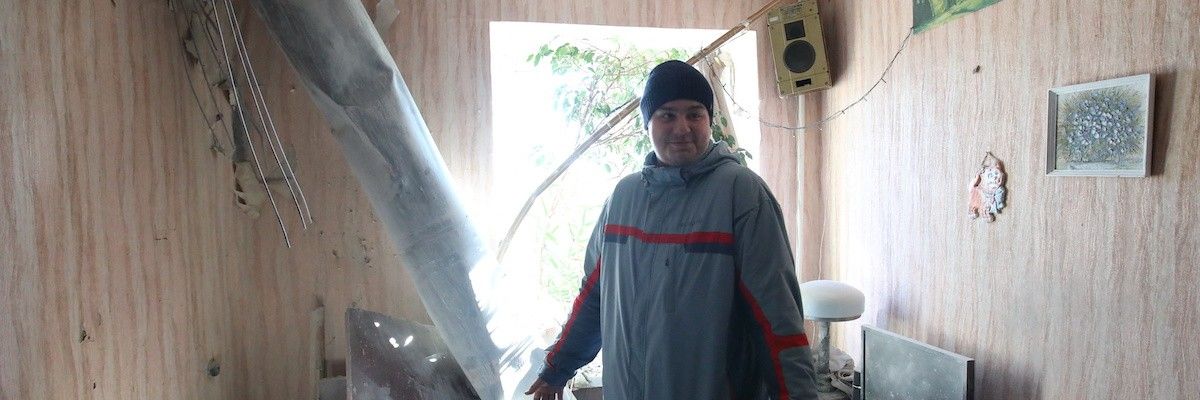In response to the Russian invasion of Ukraine, the West now has no choice but to impose the toughest possible economic sanctions on Russia and to seek to unite as much of the world as possible in pressing Russia to end the attack. All scholars and analysts of Russia and the countries of the former Soviet Union must add their voices to the unqualified condemnation of Russia’s action, and their support for massive economic retaliation.
Whatever may be the legitimacy of at least some Russian grievances about Western and Ukrainian policy, nothing can justify this flagrant violation by Russia of international laws and norms to which Russia itself has repeatedly appealed. And while Russia has had legitimate grounds to protest against Ukrainian discrimination against the linguistic and cultural rights of Russian-speakers in Ukraine, nothing remotely justifies President Putin’s grotesque lies about Ukrainian “genocide” and “Nazism.” Putin’s speech justifying the invasion brings to mind Secretary of State Cordell Hull’s response to the Japanese statement that accompanied the attack on Pearl Harbor:
“In all my 50 years of public service I have never seen a document that was more crowded with infamous falsehoods and distortions — on a scale so huge that I never imagined until today that any government on this planet was capable of uttering them."
Especially sinister was Putin’s reference to the “denazification” of Ukraine and the punishment of Ukrainians guilty of “atrocities” against Russian citizens in Ukraine. This would seem to hint at potentially ferocious repression in areas of Ukraine controlled by Russian forces, or even at an attempt to destroy Ukrainian nationalism as such.
Once the immediate crisis has passed, there will be a time to consider the lessons of this disaster for the formulation of U.S. global strategy, and the errors of that strategy over the past generation. For the moment, we must all support the Biden administration in its effort to punish and isolate Russia for this flagrant breach of international law.














